Talk Archives

Autonomous Robots Playing Soccer and Traversing Intersections
Professor Stone shares his insight into his research with machine learning, touch on advances with artificial intelligence and his real world successes with robots playing soccer. Professor Stone’s robot soccer team won the 2010 U.S. open RoboCup competition.
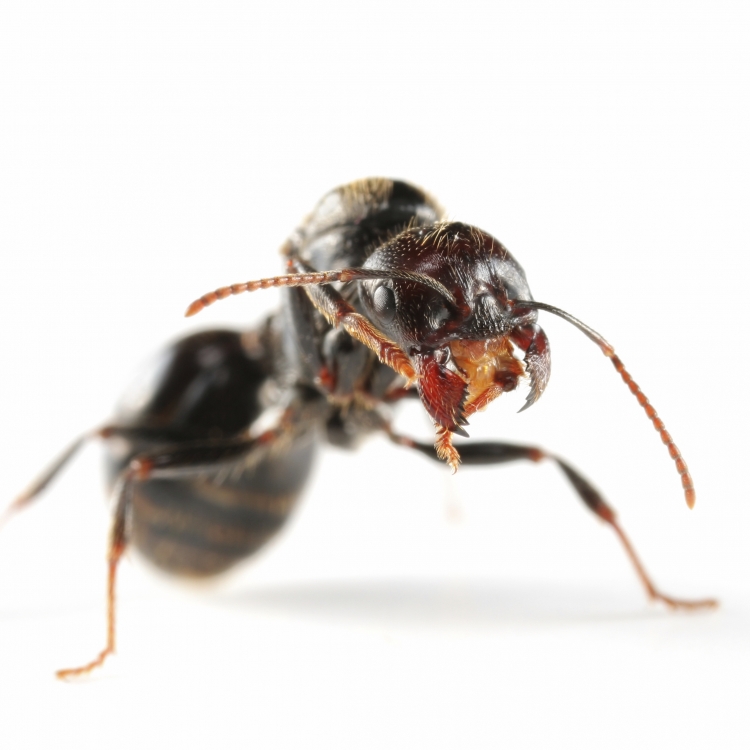
Adventures Among Ants
Mark Moffett, a.k.a. Dr. Bugs, describes his adventures around the world with marauder ants, army ants, weaver ants, slavery ants, leaf-cutter ants, and invasive ants, combined with detailed science about the parallels between ant societies and human bodies, minds, and societies.
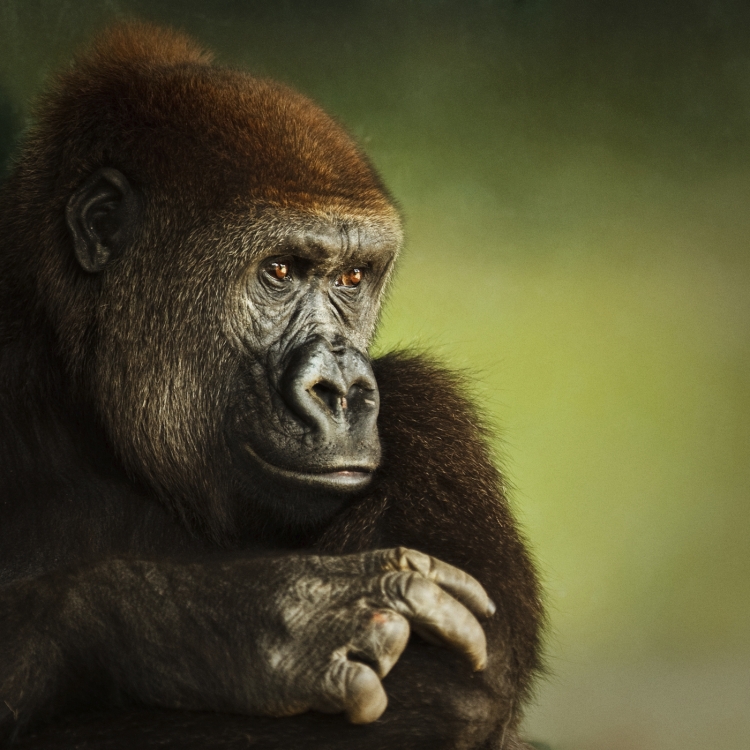
Remarkable Creatures
Two centuries of natural history – from the epic journeys of pioneering naturalists to the breakthroughs making headlines today – have inspired and expanded one of the greatest ideas of modern science: evolution. Encounter the many amazing creatures and the researchers and scientists whose achievements sparked a revolution that changed, our perception of the living world and our place within it.

Pecan Street Project: Smart Grids and Austin’s Energy Future
Can technology allow us to work smarter instead of harder to meet people’s energy needs? The city of Austin proposes to lead the nation in developing and deploying smart grid technology that sends energy where it is needed most, allows household appliances to communicate and distribute demand, and provides other efficient solutions. Learn more about smart grids – what they are, why they’re cool – and the future of Austin’s energy.

Angels & Demons – Physics, Antimatter and Armageddon
Physicists from all over the world, searching for new particles, types of matter and even extra dimensions of space are on the verge of tomorrow’s scientific discoveries. Dr. Sacha Kopp discusses antimatter, Armageddon and more.
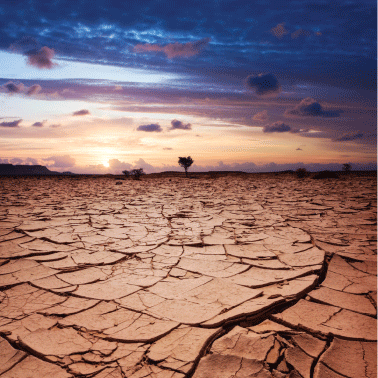
Global Warming – Lone Star Impacts
Climate change is coming to Texas but how much and in what ways will Texas be affected by global warming? What kind of climate change does Texas need to be ready for? Climate expert Gerald North will discuss climate change and its effect on the Lone Star state and its people.
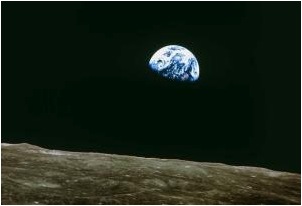
Reach for the Stars
On June 18, 1983, aboard the Orbiter Challenger, Sally Ride became the first American woman to fly in space. Dr. Ride was not just an astronaut but a pioneer in science education. She discusses the challenges of space, our changing planet and science education in the U.S.
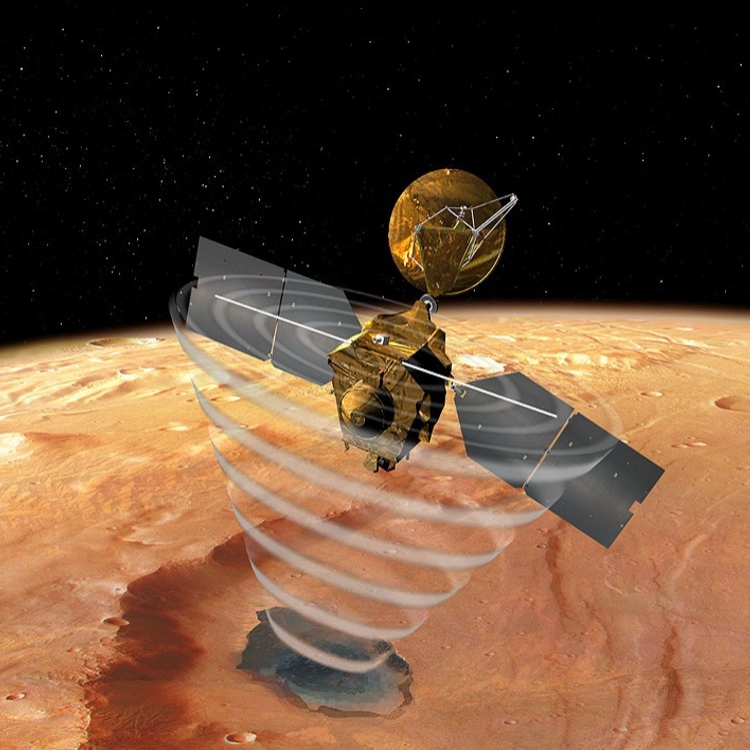
Icy Mysteries of Mars Revealed
Frozen water on Mars? Dr. Jack Holt shares his discoveries of Martian glaciers long buried under rock debris. These bodies of ice are apparently relics of Mars’ ancient climate and could be an important key to future Mars exploration.

How We Learn and How We Don’t
Why do some students learn while some fall behind? What happens in the brain when we learn? Dr. Bob Duke shares research over the past two decades that has deepened our understanding of the fundamental principles of human learning.
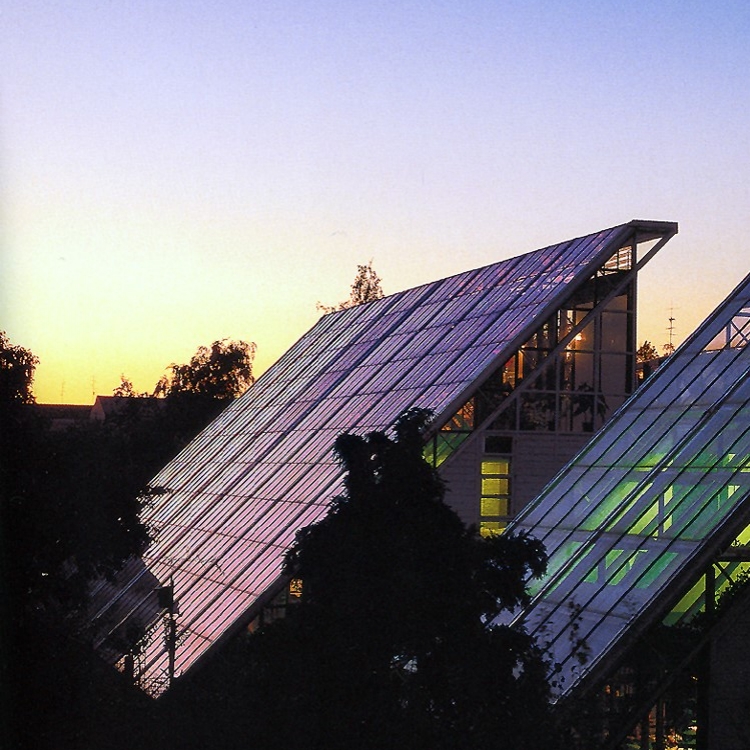
Design with Climate: Building for a Cooler Planet
Fifty percent of the world’s energy consumption and CO2 emissions come from modern buildings, building trades and construction. Is it possible to greatly reduce our energy use simply by designing buildings differently? What about choice of materials and new – or even ancient – technologies to passively heat, light, and cool buildings?